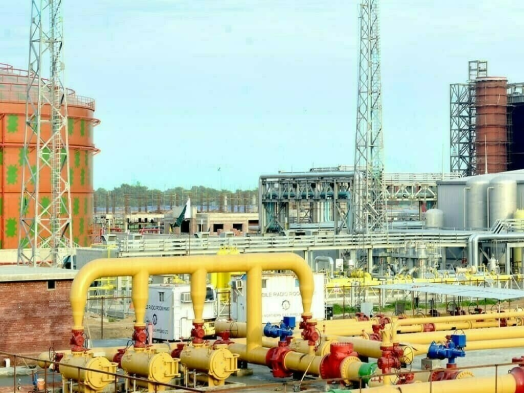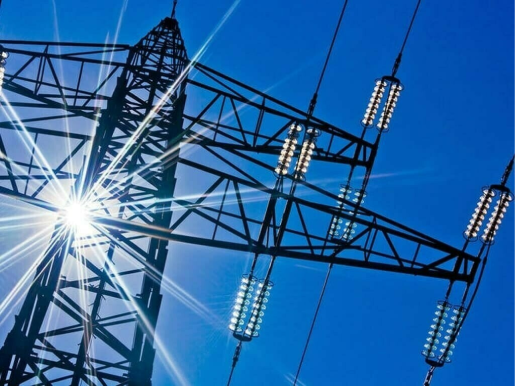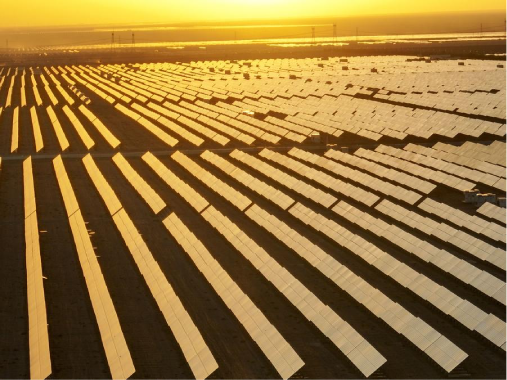BP Singapore has delivered its first carbon offset LNG cargo in the Asia-Pacific region to CPC Corporation, the oil and gas major confirmed today (6th September).
Delivered to the Yung An terminal in Taiwan, the LNG offering strengthens BP’s offering in the region and meets the growing demand for LNG.
“Natural gas has a key role to play in getting the world to net zero. This new offer further demonstrates our determination to remain one of the world’s leading and most innovative LNG suppliers,” said Carol Howle, Executive Vice-President of BP Trading and Shipping.
“The development of a clear and reliable methodology for quantifying the carbon intensity of our LNG supply chain and is an important step in helping our customers deliver their sustainability goals and supports our ambition to help the world get to net zero.”
Jonty Shepard, Vice-President of LNG Trading and Origination at BP Trading and Shipping, added, “BP continuously seeks ways to offer new energy solutions to LNG customers.”
“BP is pleased to strengthen our long-standing relationship with CPC with this delivery of carbon offset LNG from BP’s diverse portfolio of LNG sources, quantifying the carbon intensity associated with the LNG supply from wellhead to discharge terminal and then offsetting those emissions.”
Petroleum Division further says that for stability of system, consistent daily RLNG off-take by power sector is very critical to avoid undue pressure on the operations of the LNG supply chain, adding that the issue can be resolved through developing LNG storage, and till then, it is imperative that power plants’ must off take allocated volumes on daily basis with permissible variation of 2-3% in demand.
According to the Petroleum Division, it is evident that most of the time, SNGPL’s line pack increase to a maximum level due to power sector’s reduced off take against the demand; therefore, the proposal for passing on the cost of merit order deviation on gas consumers is not supported.
Petroleum Division maintains that since volume and pricing of RLNG is ring-fenced whereby RLNG consumers have to bear the full cost of supply therefore, it would not be possible for gas companies to divert RLNG to other consumers and recover the diversion/ differential cost. Therefore, Petroleum Division has recommended that any tariff differential and/or any other liquidity damages due to downward deviation from the indicated power demand should be borne by power purchaser/ IPPs or passed on to the electricity sector consumers’.
Petroleum Division further says that it is of the considered view that the proposal with respect to cost of non-economic dispatch to RLNG plants be allowed to be adjusted into monthly Fuel Charge Adjustment (FCA) in power tariff by NEPRA and that it should be time bound i.e. 3 years during which the LNG storage infrastructure can be operationalized to avoid recurring of such events moving forward.





